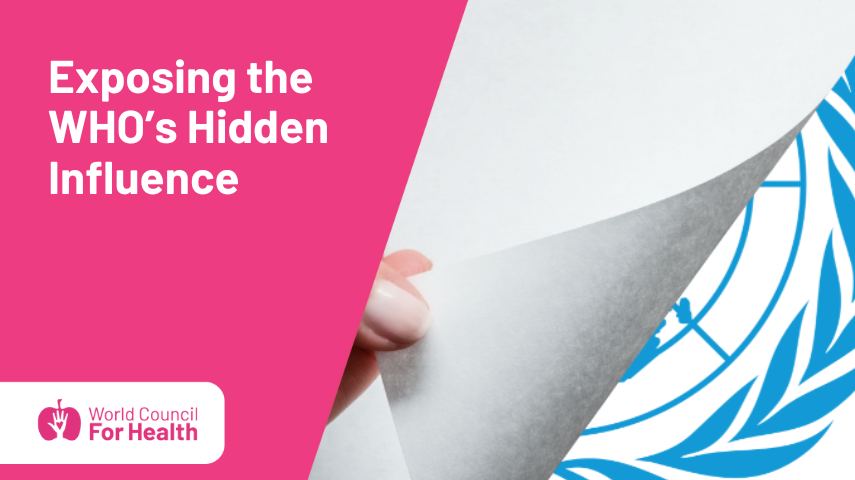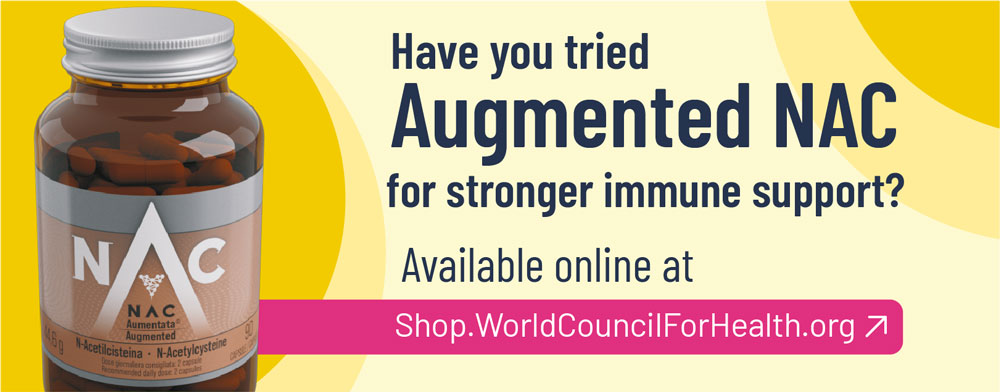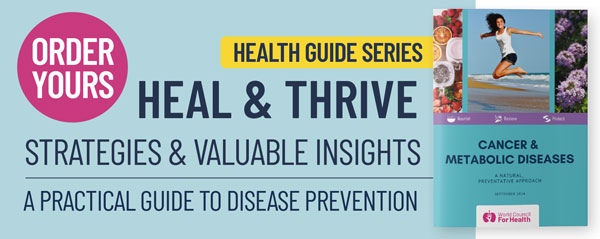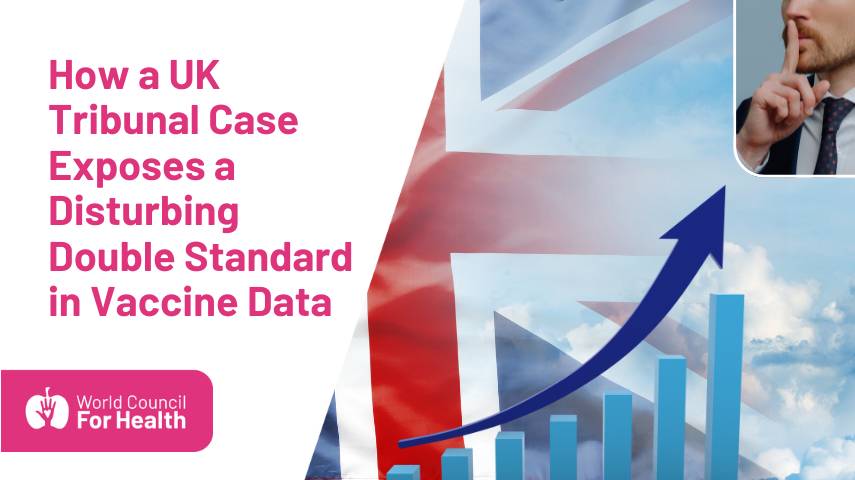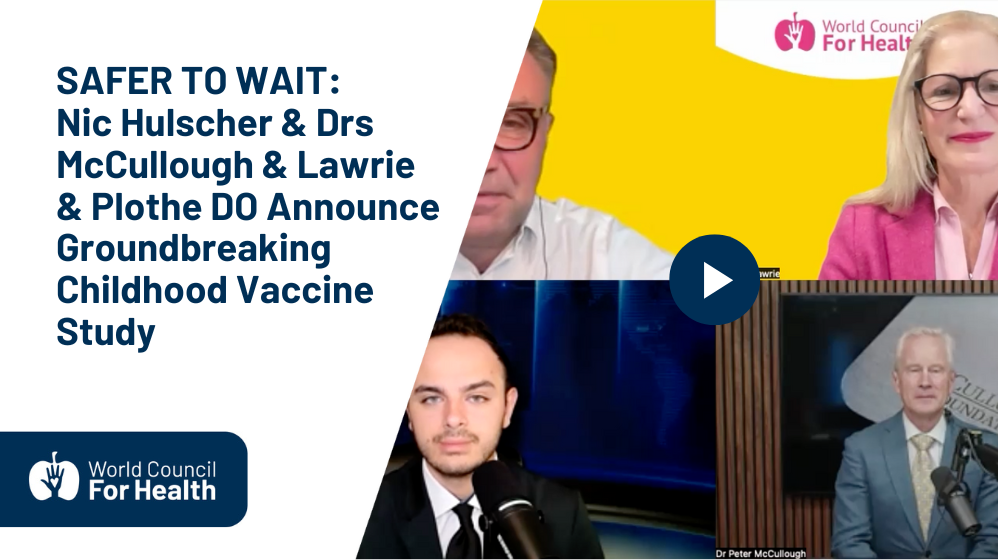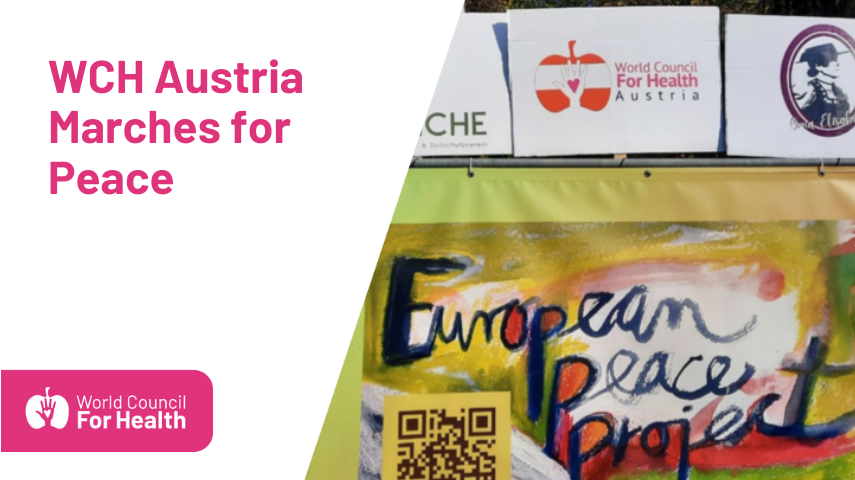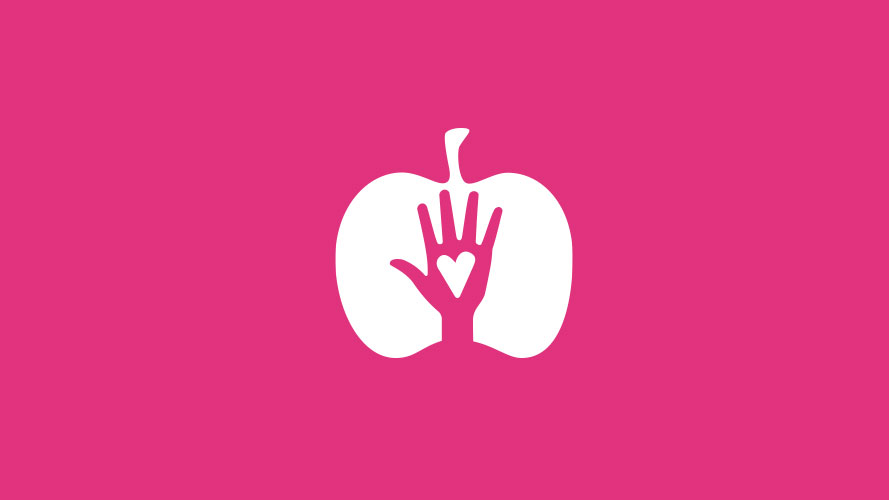How Global Health Organizations Are Hijacking Sovereignty and Undermining Ethics
Introduction: An Urgent Conversation with Lucinda Van Buuren
Dr Mark Trozzi (from WCH Canada and WCH Steering Committee) recently interviewed Lucinda Van Buuren (WCH Australia SC Coordinator and from WCH Nursing) about the deeply concerning impact of global health organizations, particularly the WHO, on healthcare systems worldwide.
With more than 26 years of nursing experience, Lucinda has been an ethical advocate during the Covid era, upholding scientific integrity in a field significantly influenced by political and financial agendas. Their conversation highlighted the alarming and often covert role played by the WHO and its affiliates in forming national health policies that bypass ethical norms and local needs.
The WHO Collaborating Centers: A Global Network with National Consequences
One of the most startling revelations in Dr Trozzi and Lucinda’s discussion was the WHO’s extensive network of collaborating centers embedded within various national institutions.
Lucinda explained that in Australia these centers exist in universities, government agencies, and healthcare organizations, each tasked with promoting WHO directives. This network, guided more by global agendas than local interests, exemplifies a trend toward centralized control that undermines national sovereignty and accountability.
Conflicts of Interest: WHO’s Funding and the Influence of Private Donors
A significant point of concern lies in the WHO’s funding sources, with private entities like the Bill & Melinda Gates Foundation contributing heavily. This financial structure has raised ethical questions, as WHO policies often align closely with the interests of these donors. The organization’s aggressive promotion of COVID-19 “vaccines,” despite mounting evidence of adverse effects and limited efficacy, reflects this influence. It has become clear that the WHO’s policy priorities do not align with the well-being of the public, but instead with the financial interests of its most significant benefactors.
Ethical Violations and Psychological Coercion in Healthcare
Lucinda spoke passionately about the erosion of medical ethics she witnessed firsthand.
Throughout the pandemic, healthcare workers were pressured into compliance with mandates, often at the expense of their ethical responsibilities to patients. For those like Lucinda who resisted, the professional consequences were severe, yet they underscored the importance of integrity in healthcare. She highlighted the psychological manipulation that leveraged fear to enforce compliance, and how her practice of mindfulness and meditation enabled her to see through this coercion.
Reclaiming Healthcare from Global Control: A Call to Action
Their conversation concluded with a powerful message on the need to reclaim control of healthcare from unaccountable global entities.
The WHO’s actions during the pandemic—redefining medical terms, monopolizing health narratives, and utilizing its vast network of collaborating centers—underscore the dangers of centralized authority over national health policy. To protect public health, we must hold these organizations accountable, ensuring that healthcare policies prioritize the welfare of the people they serve.
Conclusion: The Path Forward
Lucinda’s courage in speaking out highlights the responsibility we all share in holding these organizations accountable. As healthcare professionals, citizens, and advocates, we must work to dismantle these global mechanisms that undermine transparency and ethics in healthcare. Only by restoring sovereignty and accountability can we ensure that public health policies genuinely serve the interests of the people.
For more information, please see our WCH Statement entitled World Council for Health Uncovers WHO Collaborating Centres Worldwide
